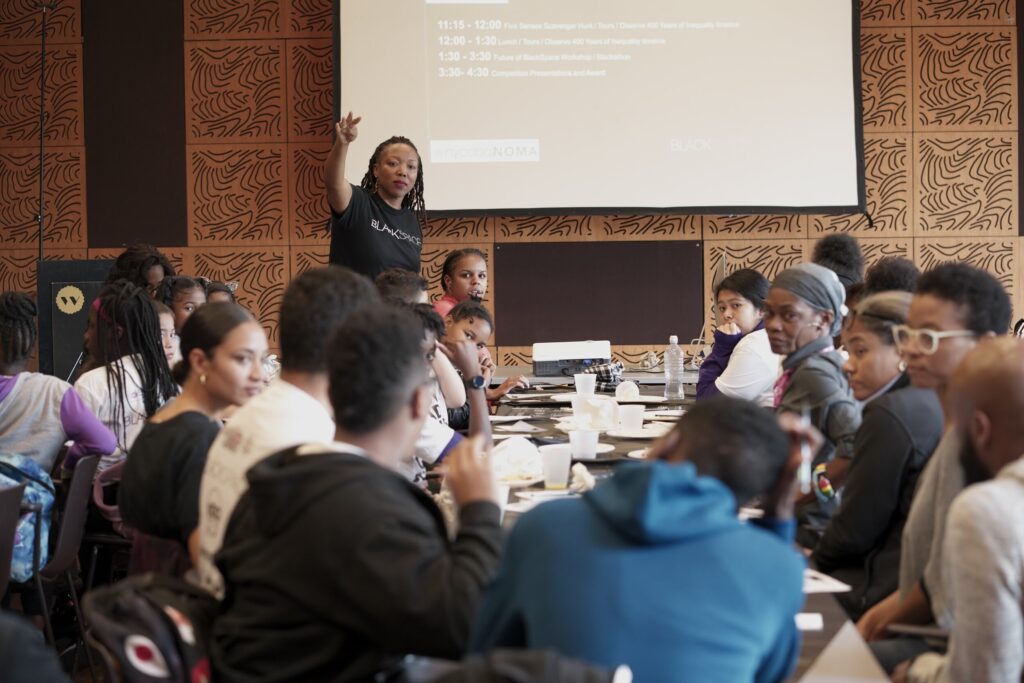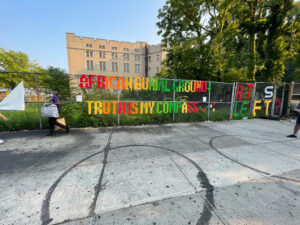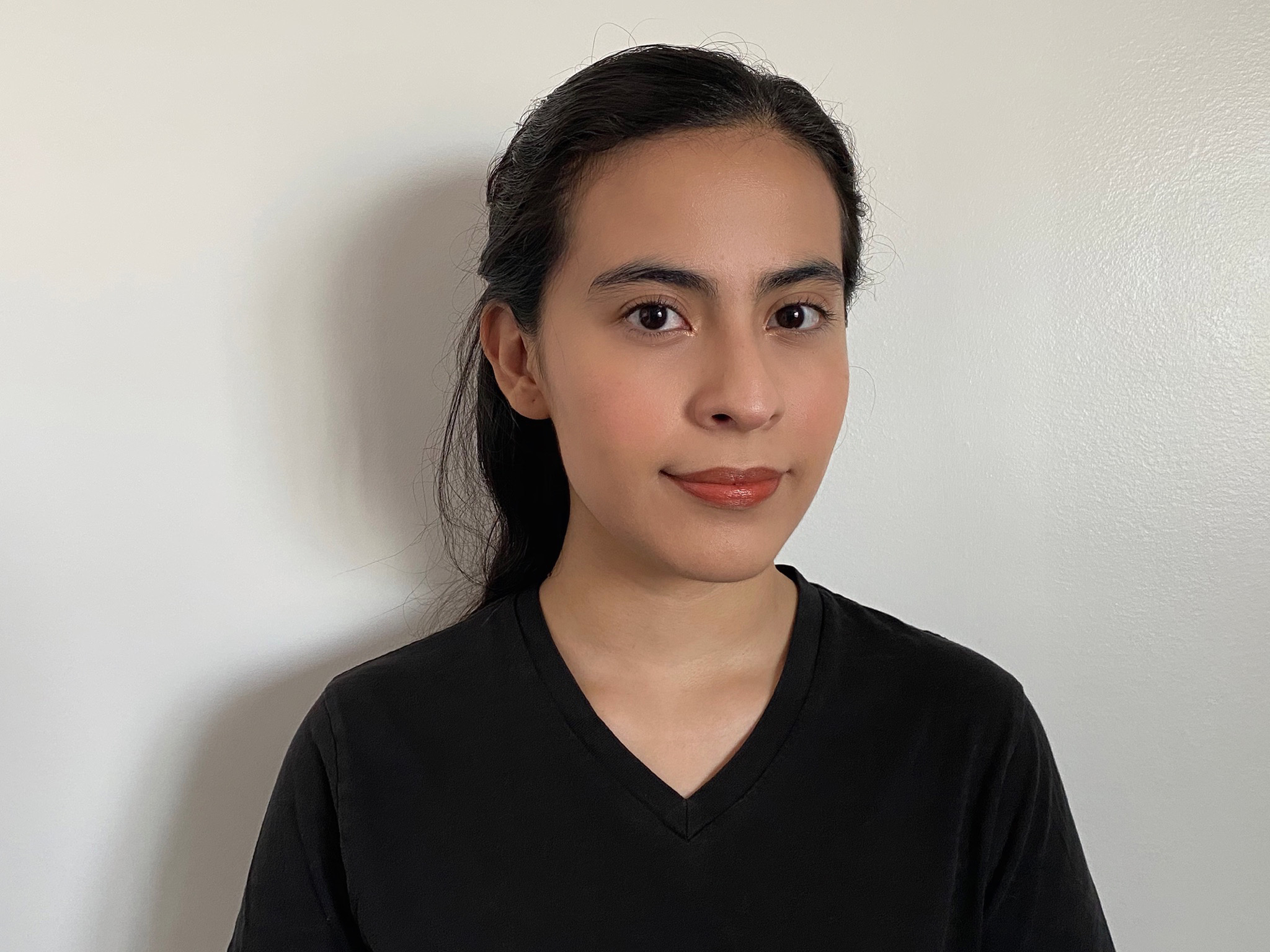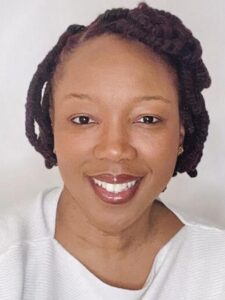In the bustling heart of modern New York City, amid the towering skyscrapers and crowded streets, there emerges a visionary architect and urban designer, Ifeoma Ebo, who is not just designing urban spaces but also shaping the future. With a profound commitment to urban sustainability and an unyielding dedication to social and climate justice, Ebo’s work transcends the realm of construction; it’s a blueprint for a better, more equitable world.
Ebo was recently welcomed as an assistant professor at City College in the Bernard and Anne Spitzer School of Architecture. She expressed her excitement to join and mentioned what ultimately drove her to apply to teach at this institution.
Ifeoma Ebo. Photo: CCNY
“The mission and the values of City College and the Spitzer School of Architecture really aligned with my personal mission,” Ebo said in an interview. “I saw language like equity and justice, and it just seemed very intentional to me.”
Ebo has managed projects in various areas such as urban policy, neighborhood development, master planning and urban revitalization. She is also the founder and director of Creative Urban Alchemy LLC, where she is a high-demand consultant, providing expertise in sustainable development strategies and equitable design to city governments and civic organizations.
Ebo’s interest in architecture began at an early age. During her middle school years, she recalls joining a STEM program for young women and attending drafting courses, which led her to pursue a career in the field.
“By the time I got to high school, I was already zeroed in,” she said. “I love art. I love math and science. With architecture, this is the best of all worlds brought together.”
She graduated from Cornell University with a Bachelor of Architecture. Then, she continued her studies at the Massachusetts Institute of Technology, obtaining a master’s in city planning, city design & development. Her most recent academic accomplishment is getting her certificate in regenerative practice from the Regenesis Institute for Regenerative Practice.

Ebo speaking at a community engagement event at Weeksville Heritage Center. Photo: Courtesy of Ifeoma Ebo
However, Ebo shared that the most significant moment of her educational journey was not while studying in prestigious schools. She holds her time working on a large-scale urban design and planning project in Cape Town, South Africa, in 2008 as the most valuable experience in her educational development. Her position as an outsider with no connections there allowed her to learn to be adaptable and exercise public engagement in her work.
“It was a really wonderful training ground for me on community-engaged practice, designing at the urban scale, infrastructure planning and working with communities to reimagine their places and spaces,” Ebo said.
Today, Ebo focuses her research on three main aspects of urban sustainability. The first is intersectionality. She said she aims to highlight in her work design’s role in addressing intersectionality as an essential factor.
“I want to create an understanding that when communities that live at the intersection of different identities and they experience climate injustice, it’s compounding,” Ebo said.
Second is social justice and its significant role in climate action. Ebo said she believes it’s crucial to recognize how the climate crisis can exacerbate existing social injustices.
Lastly is the importance of regenerative practice. Regenerative practice involves aligning the actions of human communities with the ongoing evolution of life on Earth, simultaneously nurturing human potential in the process. With her certificate in this practice, Ebo consequently enjoys spending time researching and expanding her knowledge in this matter.
“I explore the extent to which the built environment can support and facilitate improved relationships between humans and the natural environment,” she said.
One of Ebo’s current and most significant projects is in collaboration with a community-based organization called GrowHouse Design+Development Group, where they are working on a design program for the future memorial site being created at the Flatbush African Burial Ground.

Flatbush African Burial Ground Site. Photo: Wil540 art, CC BY-SA 4.0
“I’m working with the design team to come up with public art ideas, community engagement ideas, in the corridor, near the site or the street so that they can have more events in the future,” Ebo said. “It’s very meaningful for me because it’s right by my home in a neighborhood known as Little Caribbean. This is a neighborhood that I frequented, you know, often as a child and now as an adult. To be able to contribute to my own community and my own neighborhood in this way is just amazing for me.”
At CCNY, Ebo said she wishes her teaching and work to have a significant impact on the community.
“I hope to give greater awareness of the power of design and planning in addressing inequity and injustice,” Ebo said. “I strive to learn and understand the stories of place and allow those stories and dreams to define a future collective vision and just keep creating beautiful places that people will enjoy into the future.”

Sofia is a graduate student at CUNY Brooklyn College, where she’s pursuing her M.S. in Media Studies. In addition to writing for The RICC, she’s a writer for the features section of Brooklyn College’s student-run newspaper, The Vanguard. She is also a dedicated writer for the Brooklyn News Service.
